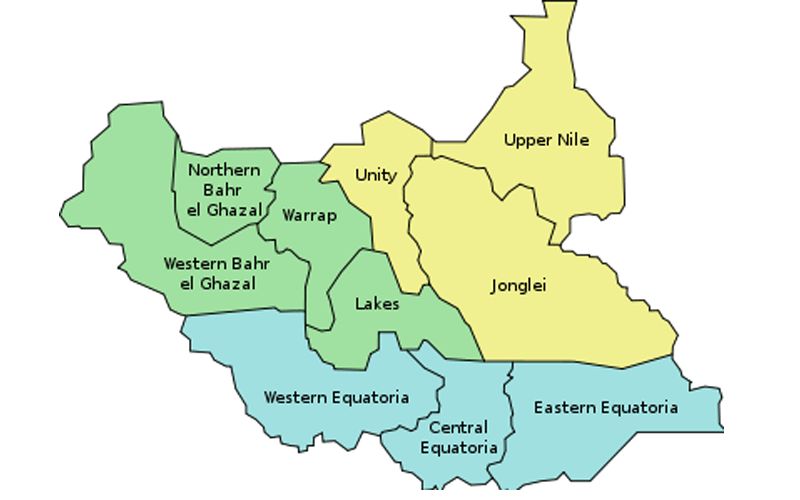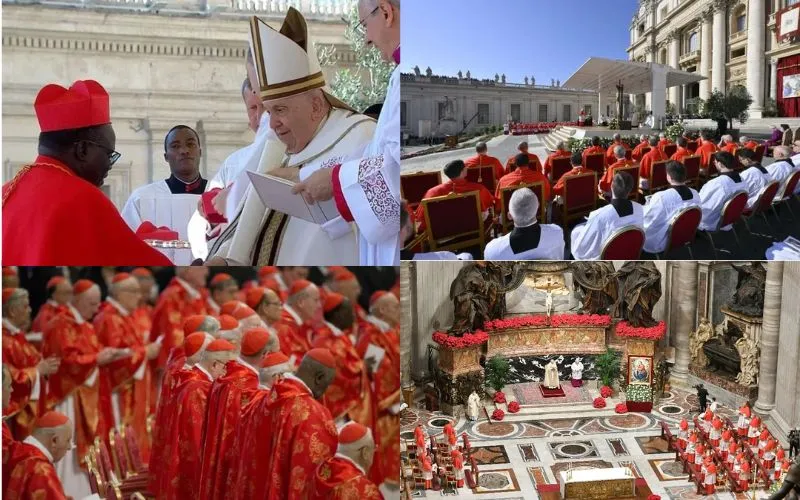Juba, 17 February, 2020 / 4:21 am (ACI Africa).
In a bid to narrow down the gap between the government of South Sudan and the main opposition and form a transitional unity government due February 22 after the latest postponement, the President of the world’s youngest nation February 15 gave in to one of the key demands of the opposition leader, Dr. Riek Machar, reducing the number of States from 32 to 10, a development that Catholic Church leaders have lauded.
President Kiir also announced the establishment of three administrative areas, namely, Abyei, a region whose border demarcation with Sudan remains controversial; the rich-oil area of Greater Pibor; and Ruweng.
“The compromise we have made today is a painful decision but a necessary one if that is what brings peace”, South Sudan President Salva Kiir has been quoted as saying in a statement Saturday, February 15 when his government agreed to go back to the original ten states that South Sudan had at independence in 2011.
“I expect the opposition to be prepared to do the same,” President Kiir added, interpreted as a reference to the disagreement about the integration of the different fighting forces.
“After a thorough deliberation on the subject matter and in the interest of peace and stability in the country, the presidency … resolved to return the country to ten (10) States and their previous respective counties; plus three (3) administrative areas,” the statement from South Sudan Presidency dated February 14 seen by ACI Africa reads.








